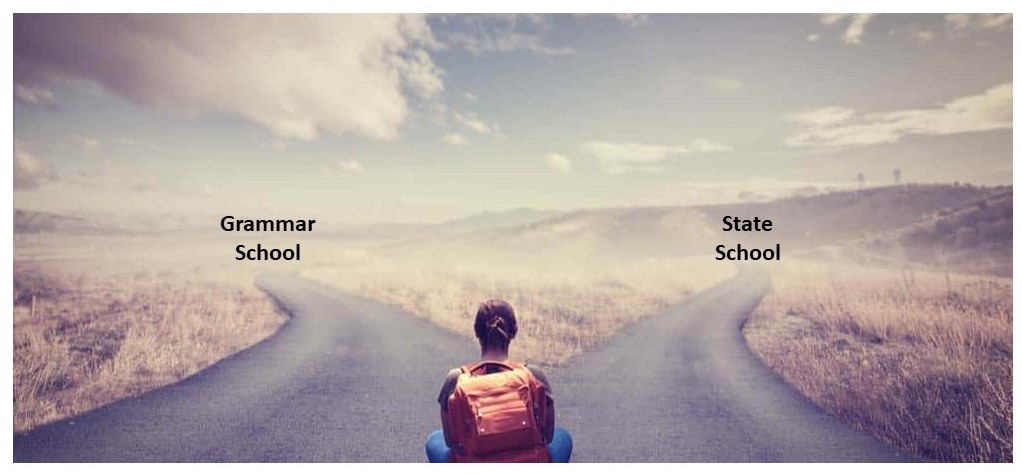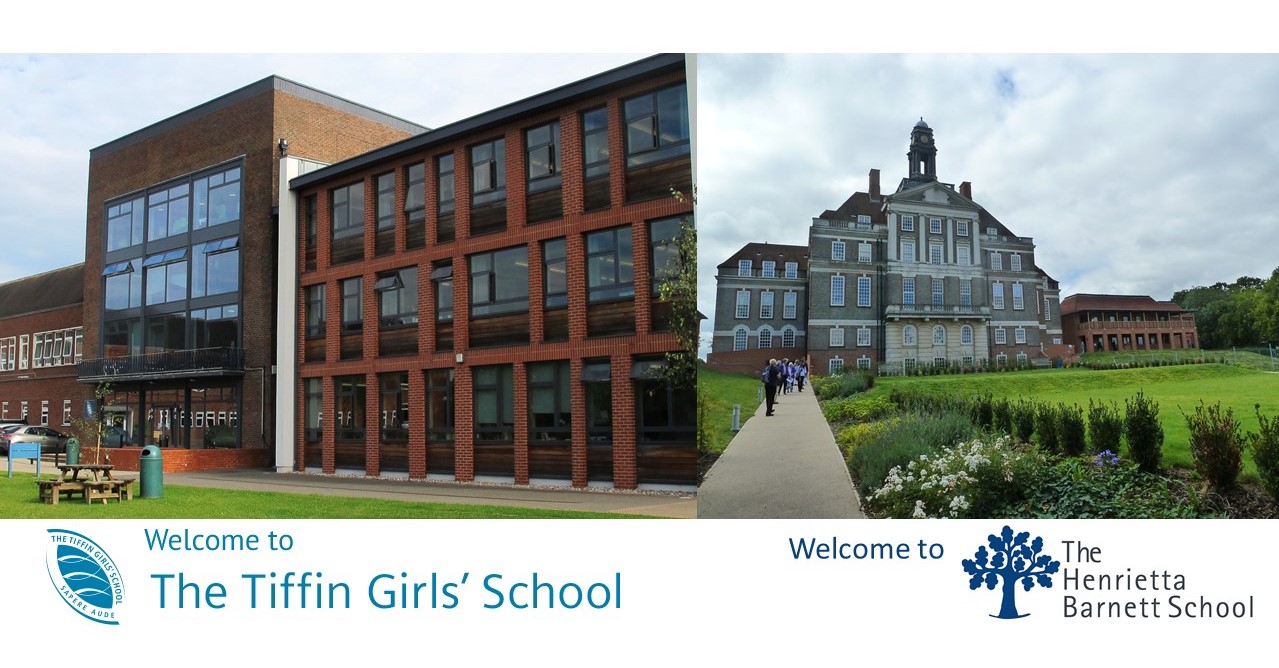
Often the simplest things are taken for granted, aren't they? The simpler the solution, the more unbelievable it is. Often as adults, we ponder 'How can the solution to such a complicated problem be so simple?' but actually, it is. For example; scientists all over the world are tired of requesting us not to inhale steam to avoid contracting and spreading the corona virus, how many of us really do that? It's a global Pandemic and someone has the audacity to tell us to just steam and cure it, it has to be a lie, right? Well, there are several research papers on it and I do not want to misguide, so everyone can read and decide for themselves.
Without deviating too much from the topic, Nature and Kids, well you know it's the most beneficial thing and yes, education is the simplest way to connect the two. Students spend most of their time in schools, classes and extra classes, where is the time to do nature you ask? It's a pretty accurate question, there is no time other than the weekends, but that's not enough. Nature is the truest part about our existence and the closer we are to it, the better it is for our overall health. The rise in modernization is taking us away from it and whenever we get close to nature, it just seems like a vacation; it should ideally be the other way round. Nature should be our 70% and technology and other aspects of modernization should be 30% or less.
As we progress, we are all realizing how nature can be beneficial not just to our physical but our mental health too. Our body is made up of 70% water, the simplest example of how close we are to nature. We can exist without a phone, but not one day without sleep. I need not stress this point enough, but habits are formed in our formative years. As adults, we may now want to get close to nature, because when we were growing up we were constantly inclined towards technological changes. Let the students now, not miss out on the importance of being close to nature.
Education has the biggest role to play in each and every aspect of an individual. Education can come in any form, right from schools, classes or from educational television, books, newspapers etc. Raising environmentally cautious individuals is the prerequisite of the day. Greta Thunberg has yelled and cried and tried with every bit of her soul to raise awareness that nature needs help. This help is even more essential ten years down the line and who will be responsible for the environment then? The students of today.
Let's ponder upon how educational institutes can contribute in generating this sensitivity among the students and make them more aware of the importance of spending more time with nature.
Nature trails:
I remember when I was doing my Masters, we had a brilliant professor, teaching us the most interesting subject, Statistics. Yes, it's not at all interesting, but he made it extremely interesting. He took all his classes in an open auditorium, middle of a garden, and not one student bunked that class. The ambience made the subject interesting. Statistics as a subject is quite touch, but being in that open auditorium, somehow opened up my mind to grasp all the knowledge. That's the power of nature, it just makes things easy. Such innovative methods of teaching can certainly be adapted. Pandemic has already taught us classrooms are not absolutely necessary, so why not experiment. Teachers can take the students on a nature trail and continue teaching the subjects. Not just geography but even mathematics can be made interesting in midst of nature.
Association with environmental organizations and activists:
Educational institutions can get associated with NGOs and wildlife and nature protection organizations, each institute to associate with one organization. This association can entail trips and involvement in various nature conservation activities and programs conducted by these organizations. Moreover, all the students can be encouraged to be volunteers with the activity that interests the students the most. Better yet, to keep the students aware of the current environmental and nature updates, get the environmental activists to give voluntary lectures and interact with the students on a regular basis. The concept of the importance of wild life and natural resources needs to be kept alive and active.
Physical fitness and nature:
Most educational institutions are inculcating the importance of sports and physical fitness programmes, more attention should be paid on making these activities happening in a real time environment as well. Not just the physical activity, but the importance of maintaining good health with the help of natural ingredients can be taught. Prevention is always better than cure and this foundation can be laid by the educational institutes. Focused physical fitness lectures are already a part of curriculum; however, classes focused on eating correctly can also be made a part. Multiple home ingredients are often helpful in combating multiple diseases and disorders and this knowledge can be highlighted.
Importance of conservation:
Multiple resources are depleting, it's not an uncommon phenomenon. The simplest thing, the one that is the most necessary is water. Conscious awareness is something that can be developed via education. Deforestation and the ecosystem being destroyed are causing multiple kinds of permanent damage on the biodiversity, at an individual level maybe we cannot prevent it, but collective education can raise future responsible citizens. Adoption of rescue pets is another way in which animal lovers can be inculcated. Each one could adopt one.
All these simple things, can make a huge impact on growing children. Simple things are often taken for granted, but a focused approach can not only change growing individuals, but the entire world, one thing at a time. Nature is us - we are nature, it's time we grow to love it and it will love us back abundantly.

